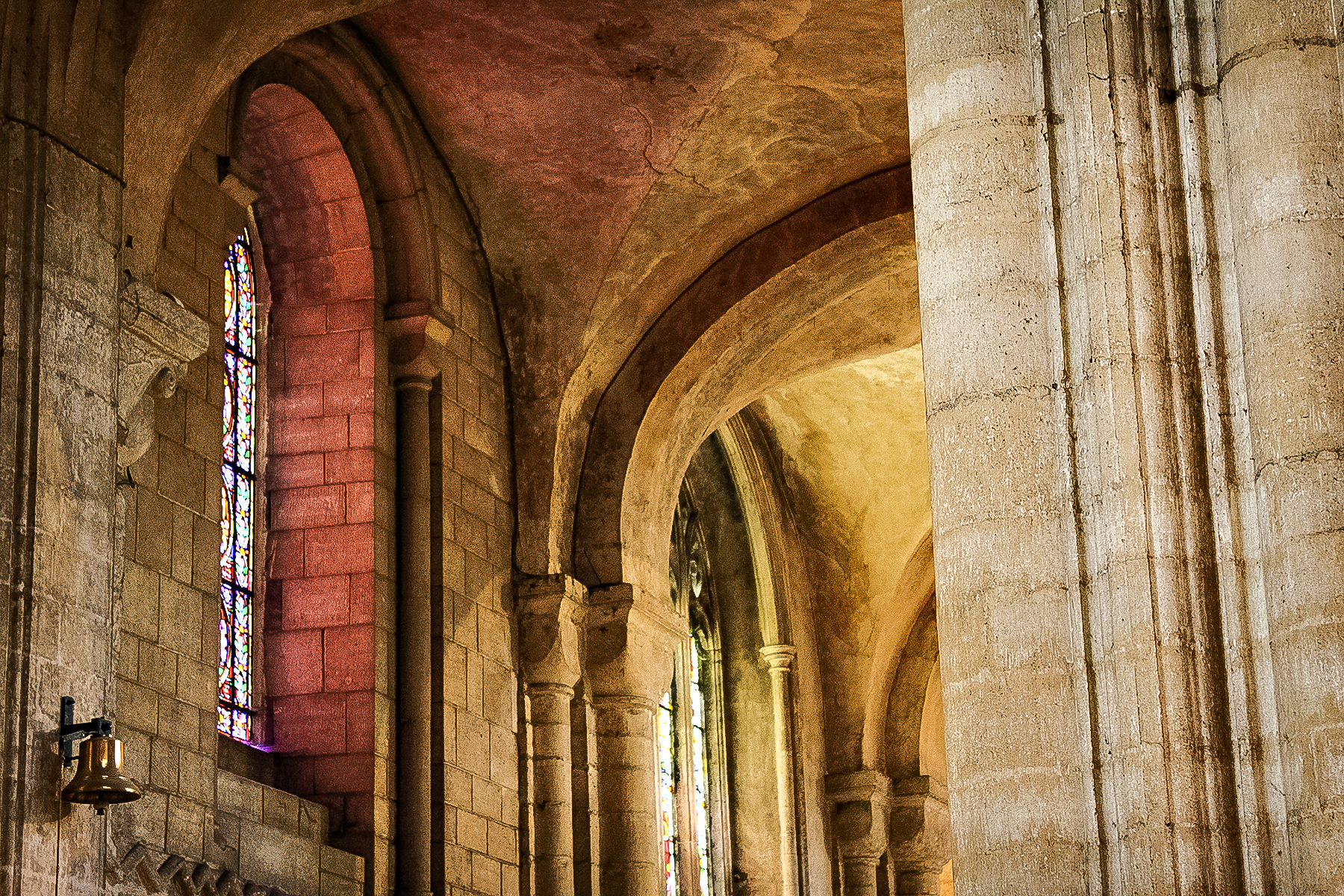One of my most welcome Christmas gifts as a child was a green canvas pup tent, a real tent with poles and stakes and a canvas floor. With my father doing most of the work, an excited six-year-old watched the tent rise in our backyard the day after Christmas.
I soon learned the tent’s limited uses. It was good for lying down in or, at most if you watched your head, sitting in. It wasn’t comfortable for sleep; even our soft Louisiana soil was too hard. And it smelled, especially when it rained. It was water-repellant, however. And it wasn’t terribly useful for playing army games; soldiers were supposed to do more than sit or lie down in tents.
Tents are temporary residences, most commonly found today on camping trips or children’s camps. In Old Testament times, tents were used by travelers, herders of livestock, traders on expeditions, and wandering tribes. Abraham used them on the journey to the promised land. The Israelites used them as they wandered for 40 years in the wilderness. The tabernacle was enclosed within a tent, until the time when a permanent home was built in Jerusalem.
In all of these uses, tents signified the temporary, the places people inhabited until they reached their permanent homes or destinations. In that sense, we, too, live in this earthly tent we call the world, more or less securely staked, until we reach our permanent home.
Like for my pup tent, the stakes are critical. They hold the tent in place. They mark its outward perimeter. We may call our tents “family” and “church,” but the stakes that secure our tents are as critical to us as they were to Abraham and the Israelites in the Wilderness.
Written in the Book of Acts in the New Testament, we’re told that the Apostle Paul was trained as a tentmaker. We learn that biographical element in a curious way. In Acts 18, Paul arrives in Corinth, and he meets Priscilla and Aquila, two of the Jews expelled from Rome by the Emperor Claudius in 49 A.D. They were natives of Pontus, a region along the Black Sea coast what is now Turkey. They had been living in Rome until the expulsion. They’ve set up shop in Corinth, and that’s where Paul meets them, “and because he was of the same trade, he stayed with them and worked, for they were tentmakers by trade” (Acts 18:3, ESV).
Paul was a tentmaker. Today, we typically focus on the idea of “tentmaking” as working while serving as a missionary. But the idea of Paul making tents – temporary residences – while telling people of the “permanent residence” awaiting them is compelling. His day-to-day work emphasized the temporary nature of our earthly home. Permanent housing awaits; in the meantime, we have tents.
That emphasizes the importance of secure stakes. Too many things can disrupt our tents – storms, floods, bandits, wild animals, and fabric flaws or failures. Our temporary tents – the life we live in this world – must be securely staked, tended, maintained, and inspected. The loosening of any one stake will weaken the tent, eventually leading to its collapse.
Like my childhood pup tent, our tents todays can offer shelter, comfort, and sometimes even fun. But a tent is worthless unless it’s securely staked.
![]()
The featured image, “Ely Ceiling Detail,” is courtesy of Lancia E. Smith and is used with her glad permission for Cultivating.
Glynn Young wrote his first story when he was 10 – a really bad mystery having something to do with a door behind a grandfather clock and a secret cave. At 14, he discovered Great Expectations by Charles Dickens, but he secretly wanted to write James Bond stories. At 21, he became a Christian, and the verse he was given, Philippians 1:6, became the theme of his life.
He received a B.A. in Journalism from LSU and a Masters in Liberal Arts from Washington University in St. Louis. He spent his professional career in corporate public relations, and mostly executive speechwriting. Since 2011, he’s published five novels in the Dancing Priest series and the nonfiction book Poetry at Work. Since 2009, he’s been an editor for Tweetspeak Poetry, writing a weekly column. He and his wife Janet live in suburban St. Louis.
Leave a Reply
A Field Guide to Cultivating ~ Essentials to Cultivating a Whole Life, Rooted in Christ, and Flourishing in Fellowship
Enjoy our gift to you as our Welcome to Cultivating! Discover the purpose of The Cultivating Project, and how you might find a "What, you too?" experience here with this fellowship of makers!


Add a comment
0 Comments